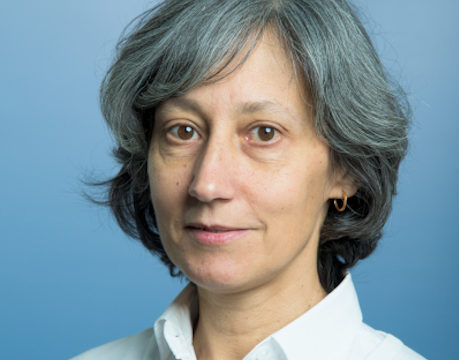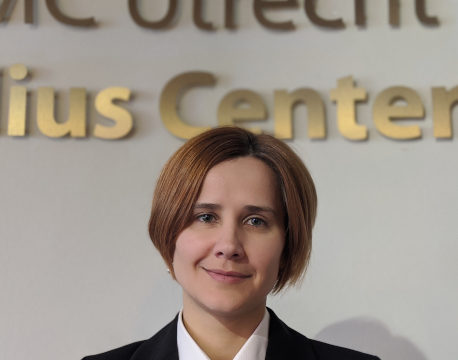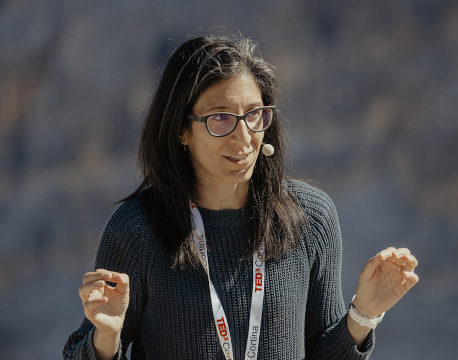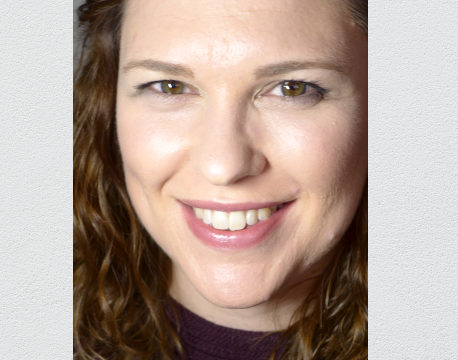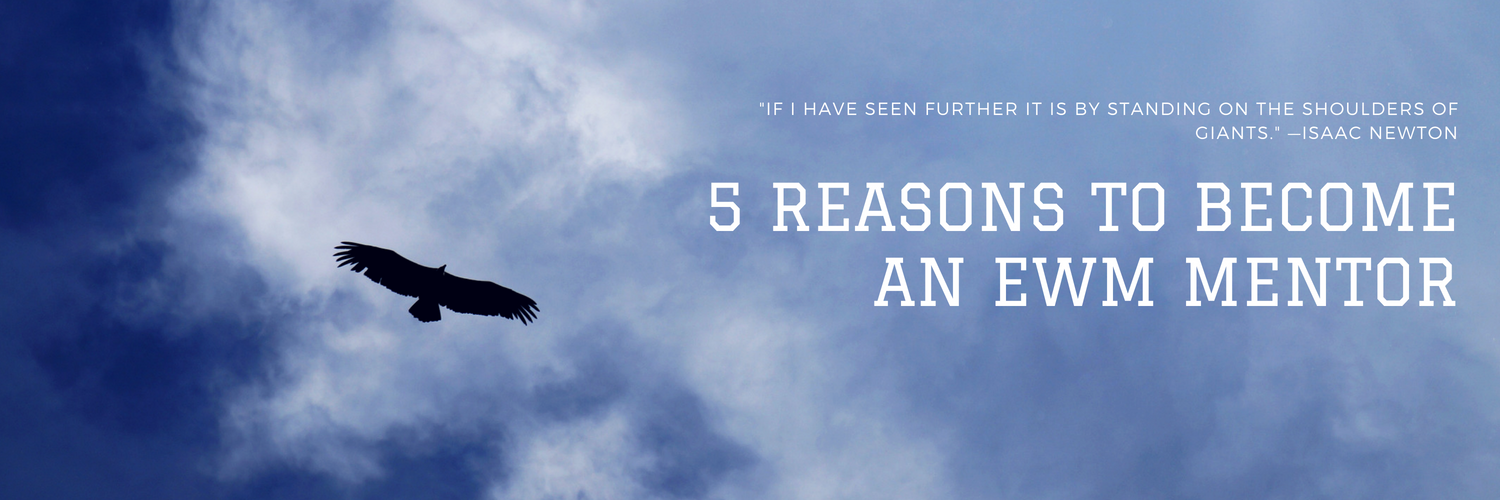Newsletter 34
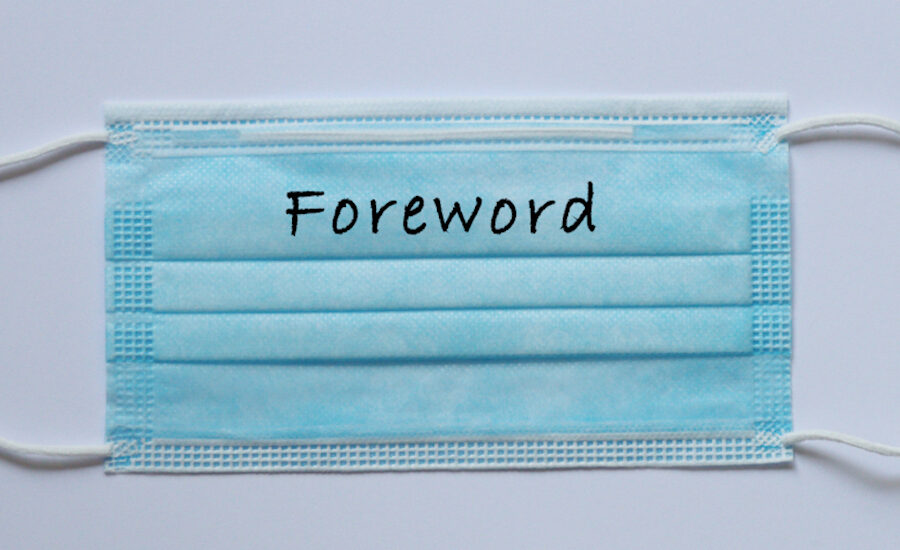
Foreword
This issue is entirely devoted to the ongoing pandemic and its consequences, from the point of view of mathematicians.
We hope that this issue will also be a way to connect with each other in this complex time.
Anna Maria Cherubini
PORTRAITS
ARTICLES
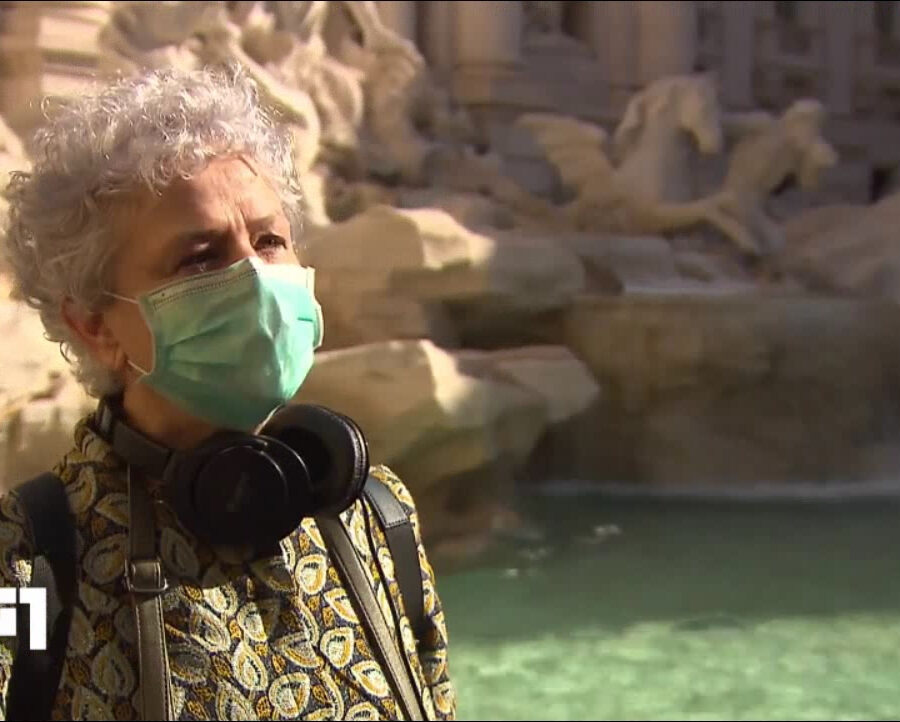
We all fell into “silence” as soon as lockdown began. It has been a time to reflect on silence and its various implications.
Laura Tedeschini Lalli reports on her research about how to mathematically analyse sounds, especially during the lockdown.
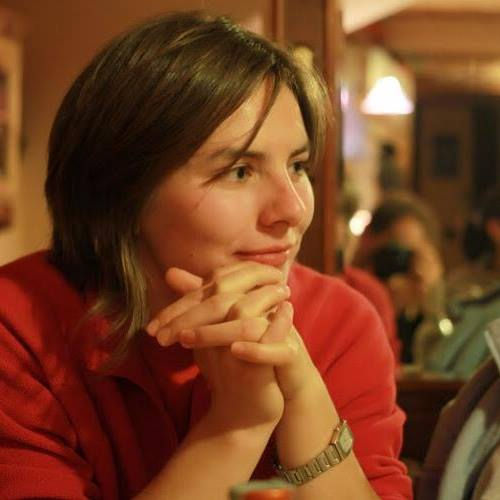
At the beginning of 2020, the scientific community was involved in an important new challenge related to the newly discovered coronavirus SARS-CoV-2. According to the World Health Organization (WHO), coronaviruses (CoV) form a large family of viruses that can cause illnesses ranging from the common cold to more severe diseases.
Iulia Bulai writes about the power of mathematical modelling to tackle real life problems, sharing her own experience with modelling of the coronavirus pandemic.

We have taken it for granted that one can work and raise children. It might be hard, it might require compromise, and it is not the choice of every family. But it is an option; that is what we thought.
Mia Jukic, Rebecca Waldecker and Maria G. Westdickenberg wrote an open letter concerning the task force during the COVID-19 pandemic.
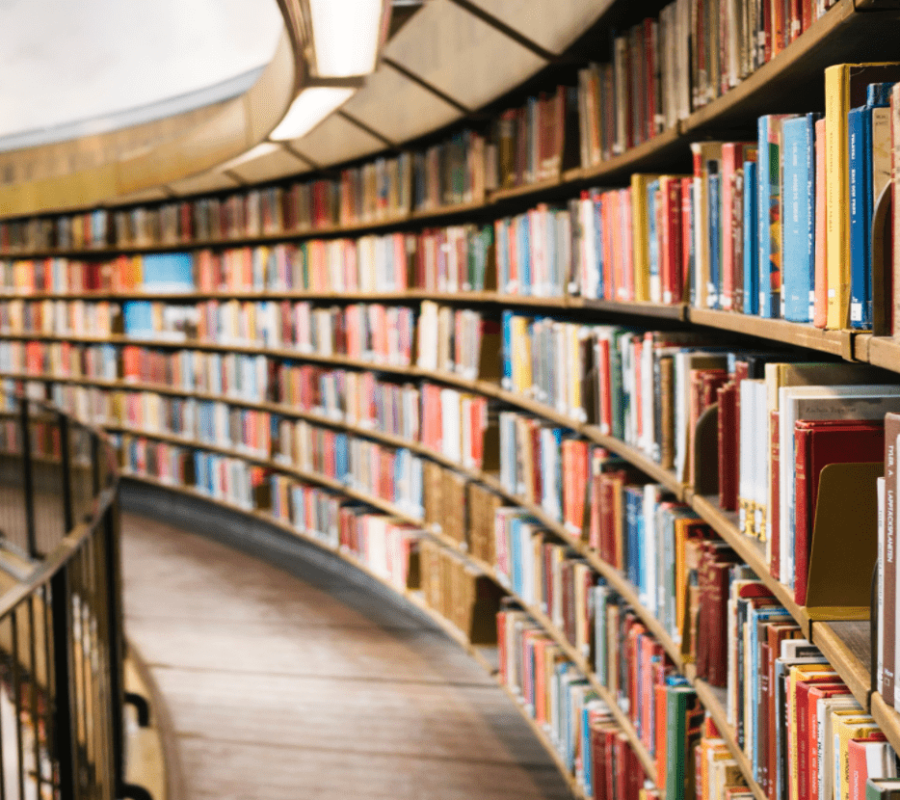
These days, the attention of the mathematical community is focused on the problems caused by the pandemic, as is natural. These are difficult times for everyone. However, a transition is taking place that concerns us very closely: the implementation of the Plan-S on open science.
Susanna Terracini writes about the open access Plan-S and reflects on its implications.
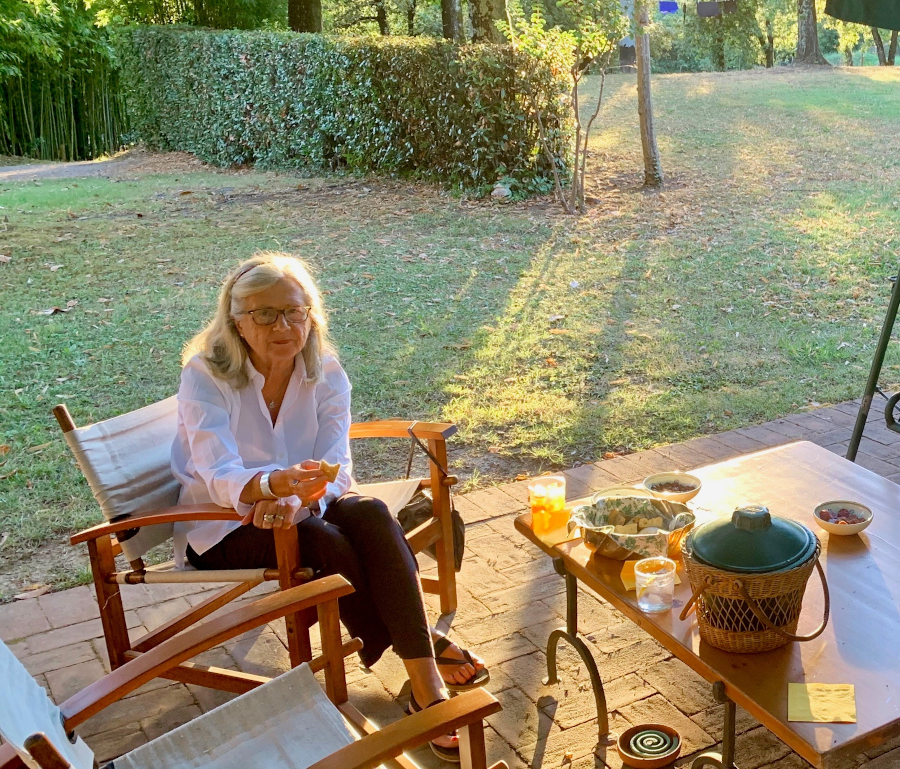
The COVID-19 influenced our lives one way or another.
Elisabetta Strickland and Elena Resmerita reflect on their own experiences during the first lockdown.
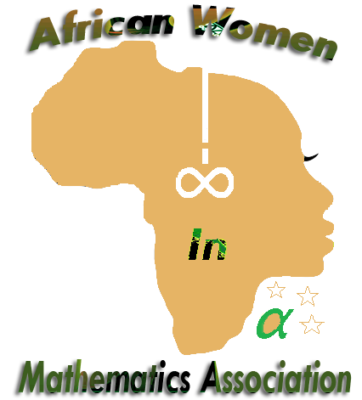
The role of higher education within the African context cannot be underestimated, and especially its benefits for improving the social-economic status of many families that invest in educating their children. However, with the social distancing and complete lockdown restrictions in some African countries, the effects of COVID-19 on communities and those who are most vulnerable have been felt across the continent.
AWMA members share their experiences and reflections on the impacts of Covid-19.
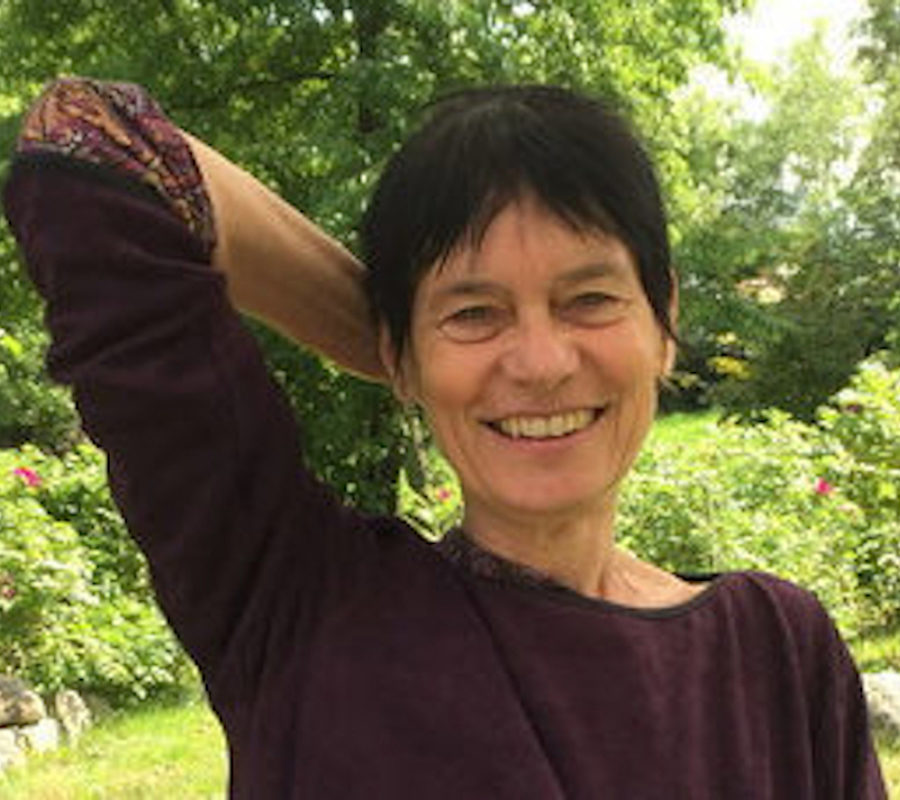
The COVID-19 pandemic has blurred the borders between the private and the public spheres. We academics have been fortunate enough to be able to work from home, while the pandemic prevented many around the world from working for their daily subsistence.
Sylvie Paycha reflects on the new working conditions imposed by the Covid-19 pandemic, and on how the fine line between private and public as become increasingly more blurred.
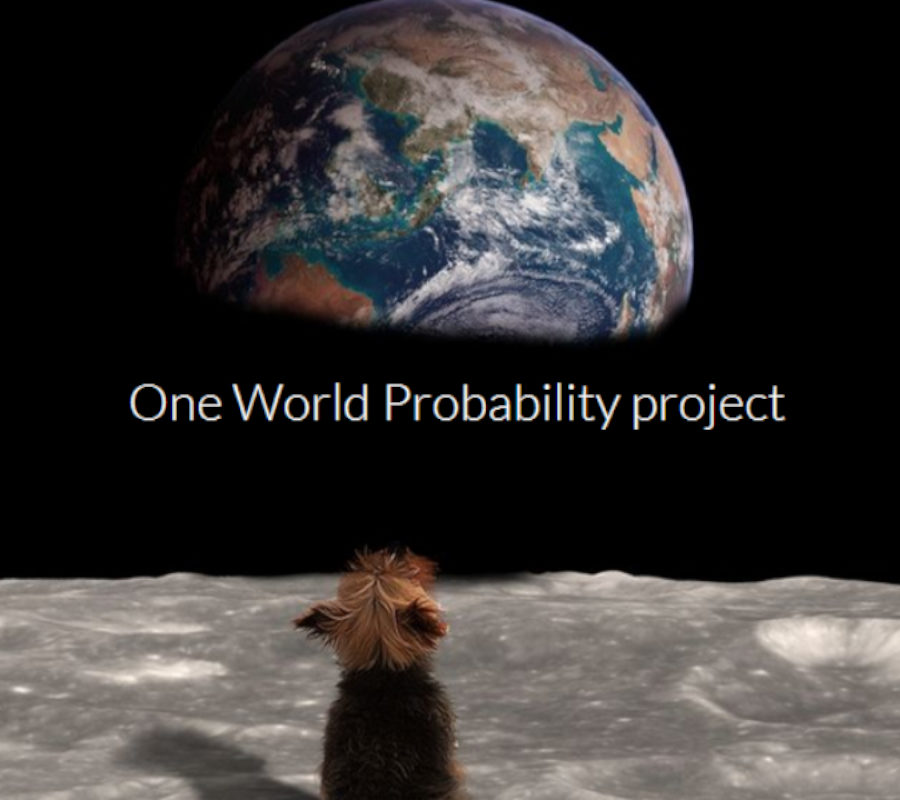
By March 2020, the COVID-19 pandemic had begun to create huge difficulties in the daily lives of most people the world over. Working environments began to see heavy restrictions, schools and universities closed for months and the concept of working from home en masse became the norm, presenting all its advantages and disadvantages.
Leif Doering and Andreas Kyprianou, the organisers of the One World Probability Seminar, shared their experience on the organisation of online scientific events.

In the summer of 2020, one of the most extraordinary summers in recent history, when many conferences were cancelled or postponed due to the COVID-19 pandemic, the Stochastic Programming Society (SPS) held a virtual seminar series aptly entitled “Decision Making in an Uncertain World”.
Güzin Bayraksan and Francesca Maggioni report on their experience as organisers of the SPS virtual seminar series.

